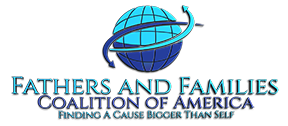Fathers and Families Coalition of America has advocated for increased program models to address the role of practitioners serving fathers to mitigate child abuse and neglect. During our National Families & Fathers 17th Annual Confernce we will host a series of workshops, plenary discussions and meetings with industry experts on trauma informed care practices and strategies to support professionals working with children and adults overcome adverse childhood experiences. Children’s Bureau/ACYF/ACF/HHS provided a 2014 Factsheet for Families that is relevant to raise awareness on why must develop strong practices and reduce the intergenerational impacts of trauma, "when parents do not have an understanding of the effects of trauma, they may misinterpret their child’s behavior and end up feeling frustrated or resentful. Their attempts to address troubling behavior may be ineffective or, in some cases, even harmful." Read More
A few of the sessions available to increase your understandings, skills and practices working with in-risk children, fathers and families through emerging models and evidence based practices. Join us at our National Families and Fathers 17th Annual Conference to help make a difference in the lives of children. Read More
Grow the Brain: A Trauma Care Program for Paraprofessionals by Dr. Carolyn Curtis
Picking Up the Broken Pieces by Carter Patterson and Marc Warren
Guided Principles for an Informed Trauma Practice by Dr. Dezette Johnson












